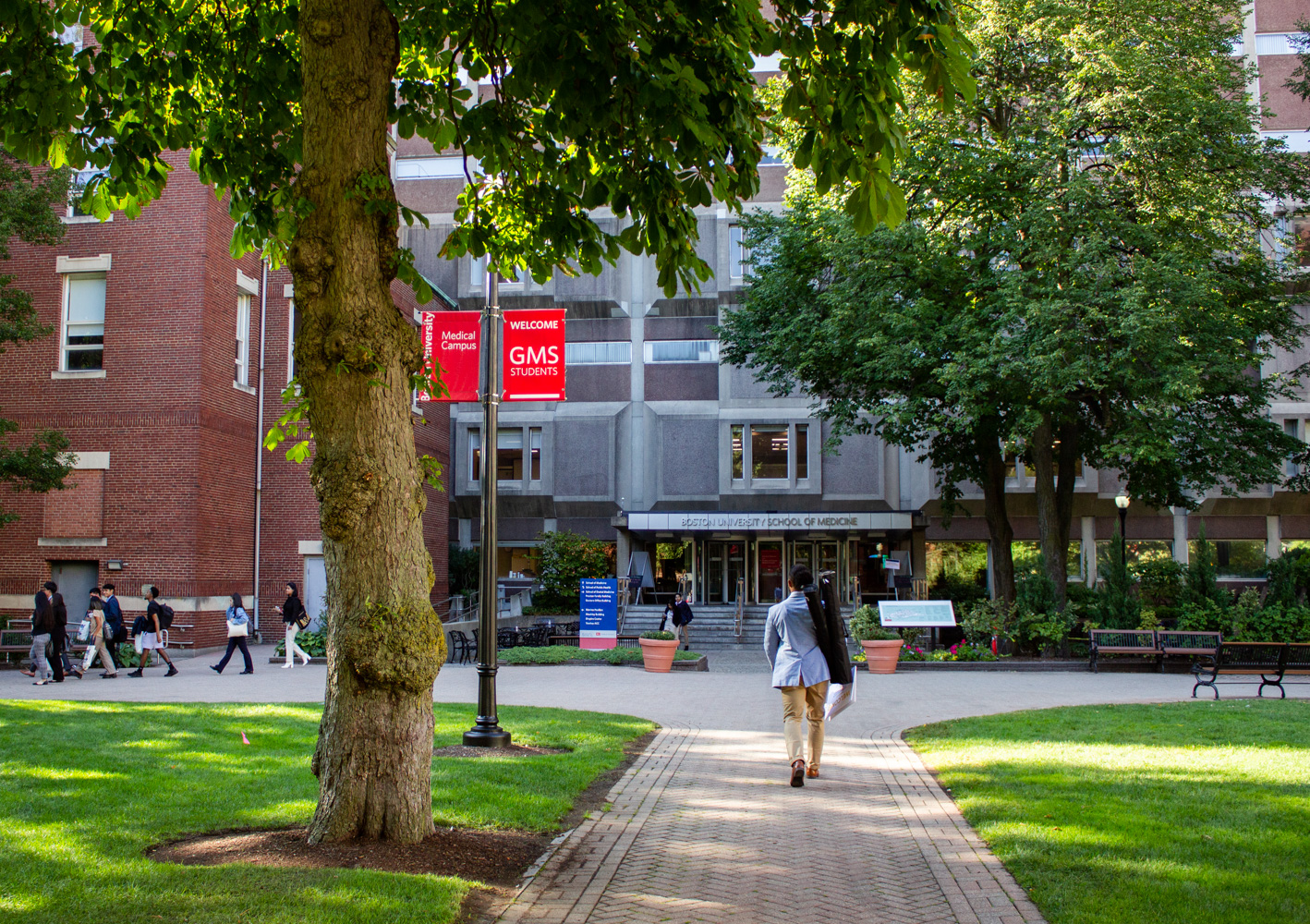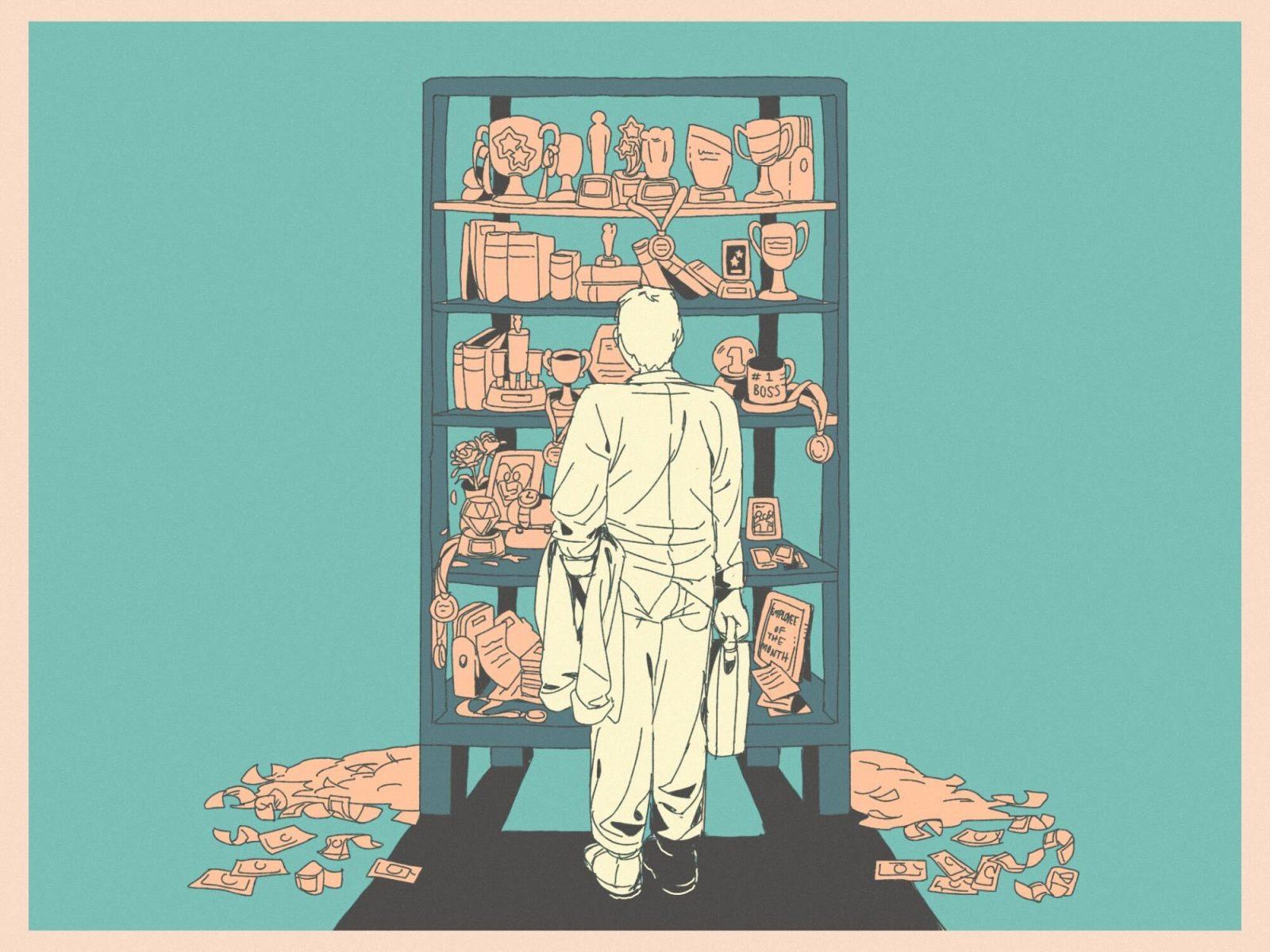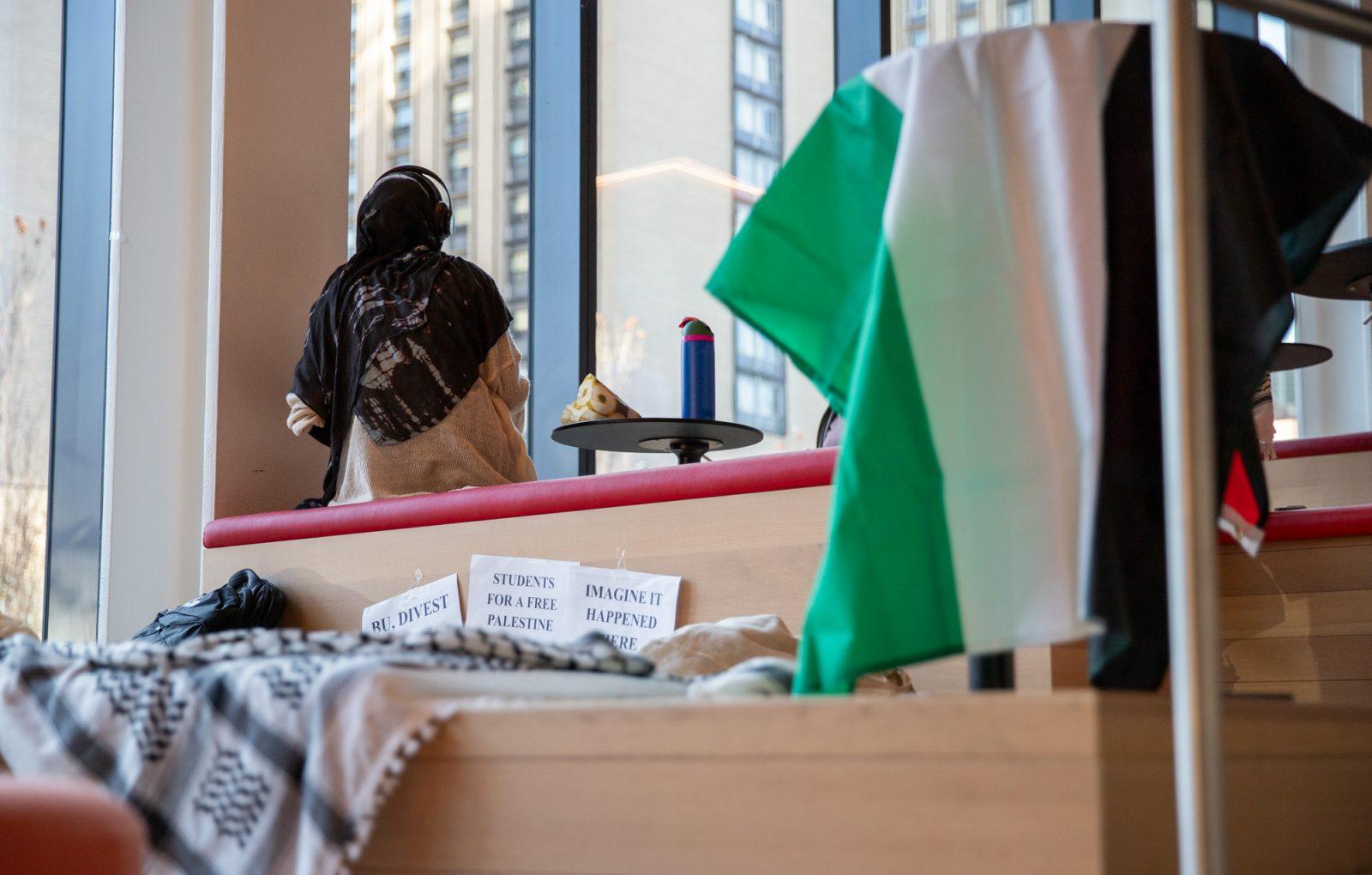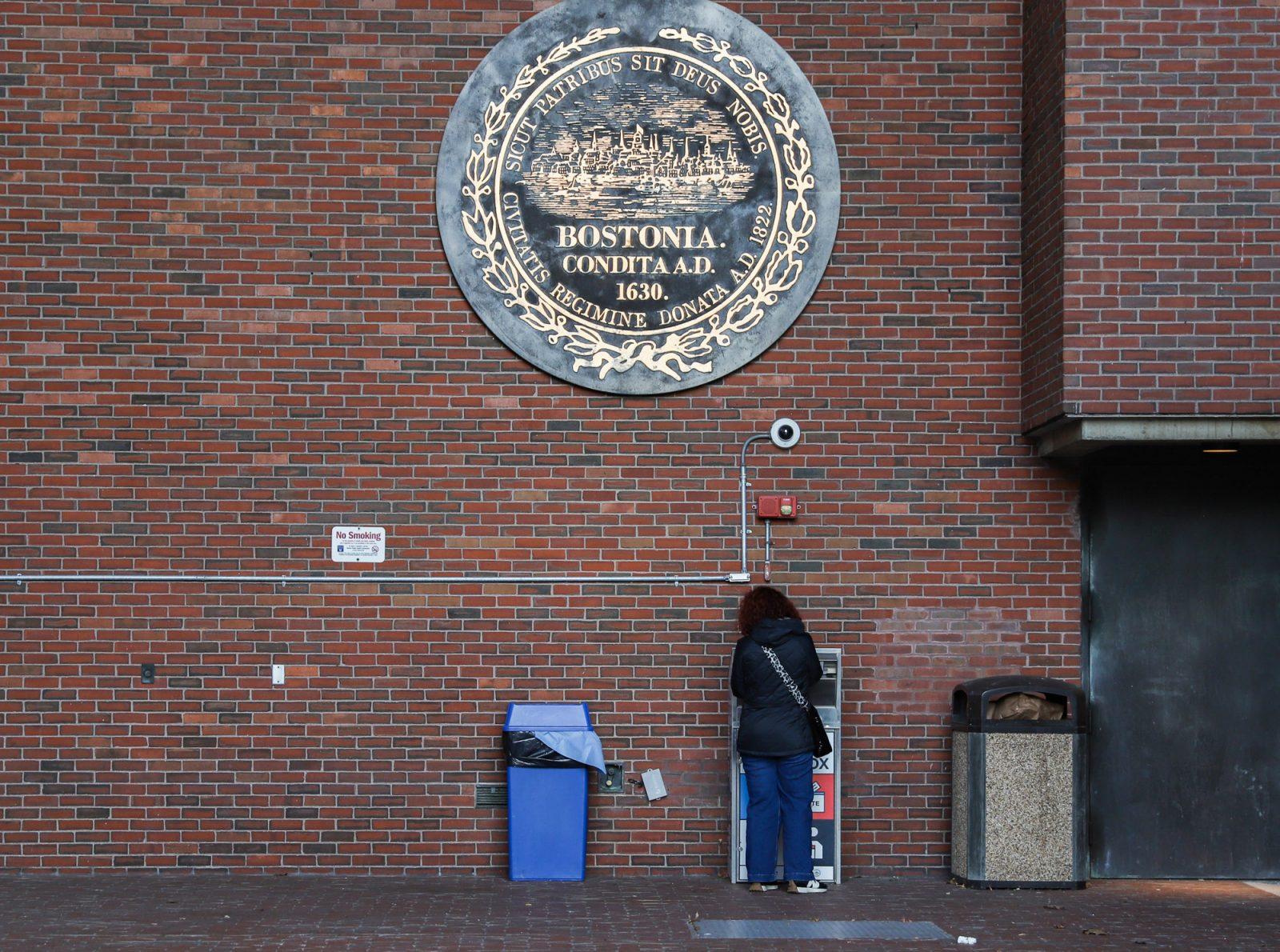
Boston University Seven-Year Liberal Arts/Medical Education program has stopped admitting students for the 2022-2023 application cycle.
The program was designed for students to complete a Bachelor of Arts degree in the College of Arts and Sciences in three years and a Medical Degree at Boston University School of Medicine in the following four years.
Kristen Goodell, director of the SMED program and the associate dean for admissions at BUSM, said the decision to officially end the program has not been made.
“We cannot say the program is dissolved,” Goodell said. “It’s working its way through the process.”
BU spokesperson Colin Riley also repeated Goodell’s statement.
“I just want to reiterate that there is a process in reviewing university programs, and there is not a final decision regarding that one at this time,” Riley wrote in an email.
This process started with a steering committee and now, two more university committees must look into SMED before dissolution. Goodell said the final decision should be made this Fall “within a month or so.”
When the program started in the late 1960s or early ‘70s, Goodell said its goal was to, “attract really highly academically qualified students.”
“In many ways, the program did its job,” Goodell said. “It helped to make the university better, and now we’ve got loads of people that want to come here.”
Goodell said when the program started it was a “novel” idea and received a “lot of acclaim,” but now BU is one of 81 other schools with the joint BA/MD program which makes it “no longer unique.”
Northwestern University permanently discontinued their own seven-year program in 2020, “after a general review of all our pipeline programs and their effectiveness regarding diversity,” according to the Daily Northwestern. No other seven-year joint programs have ended.
Specifically, Goodell said she was worried the program is not “really fair” to undergraduates as they cannot waive program requirements in order to join extra-curricular clubs or study abroad due to the strict schedule of the program.
“Today’s students are more interested in flexibility and customizing their education than people thought of being in the 1970s,” Goodell said. “We want to make sure that we’re giving students the best opportunity.”
Goodell said this doesn’t affect the students already enrolled in the program.
“They’re going to have exactly the same meetings, the same activities, the same opportunities that they’ve always had,” she said. “We’re 100% committed to that.”
Students in the BU SMED program were made aware of the decision to stop accepting and recruiting applicants for the 2023-24 school year in a town hall meeting over the summer.
Riya Manchanda, a second-year in the College of Arts and Science and student in the SMED program, said she believes students know what “they are getting themselves into” when they apply to the program.
“We’re all here because we know 100% that we want to do medicine, and to be honest, I think life as a normal pre-med student would be even more hard in terms of flexibility with your schedule and having a normal social life in college,” Manchanda said.
Manchanda said she was “extremely disappointed” that the program was no longer accepting applicants.
“I think SMED is a very, very amazing opportunity for a lot of people,” Manchanda said, “and I think taking that away was something that not a lot of us were happy about, especially because it seemed to be sort of done without taking any of our opinions into account.”
Other students like Ekta Karkala, a third-year in CAS and a student in the SMED program, said she respects the decision to stop accepting applicants.
“I think most of us trust that they’re making the right decision for the future of the program,” Karkala said. “I think a lot of us are nostalgic, honestly, because this program gave us a lot of friends and a lot of good opportunities.”
Rithik Reddy, a fifth-year student in the SMED program, said he was “very disheartened” about the possible end to SMED because of the “mentorship aspect that existed in the program.”
“The really big benefit of SMED was that emotional, professional relationship I was able to develop with other people who were underneath me,” Reddy said.
Reddy said the undergraduate portion of his SMED experience was “very positive for [his] self-growth.”
“My favorite part about being a SMED has been the creative freedom that I have with how I want to live or do things for myself,” Reddy said. “I was able to explore a lot of passions and do things with a lot of time that I normally wouldn’t have had during my undergrad years.”
In terms of preparation for medical school, Reddy said he believed the overall curriculum of the SMED program and his minor in sociology helped him to understand the “comprehensive depth of social terms in health.”
“The patient population that our medical school sees is primarily underserved,” Reddy said. “My undergraduate education really did prepare me to a very like high degree oftentimes actually even higher than I would even consider a lot of my peers,”
Regarding the future of BUSM, Goodell said they want to tackle a larger problem in the medical community.
“So one of the needs of the medical school is to try to diversify the physician workforce,” Goodell said. “There’s really good research that shows that having physicians from a wide variety of different backgrounds is really beneficial to patients.”
With this knowledge, Goodell said BUSM wants to start a “social justice program” which is in its “very early stages.”
“Since it’s making people healthier, one of the things we need to do in medicine is to really make sure that we’re getting doctors that kind of mirror the population,” Goodell said. “One of the things that we have talked about is creating another direct entry program where that would really focus on some of the groups that are currently underrepresented in medicine.”
A previous version of this story incorrectly stated Sabah Choudhury commented on the University decision instead of Ekta Karkala. The article was updated to accurately represent Karkala’s quote.





























































































































